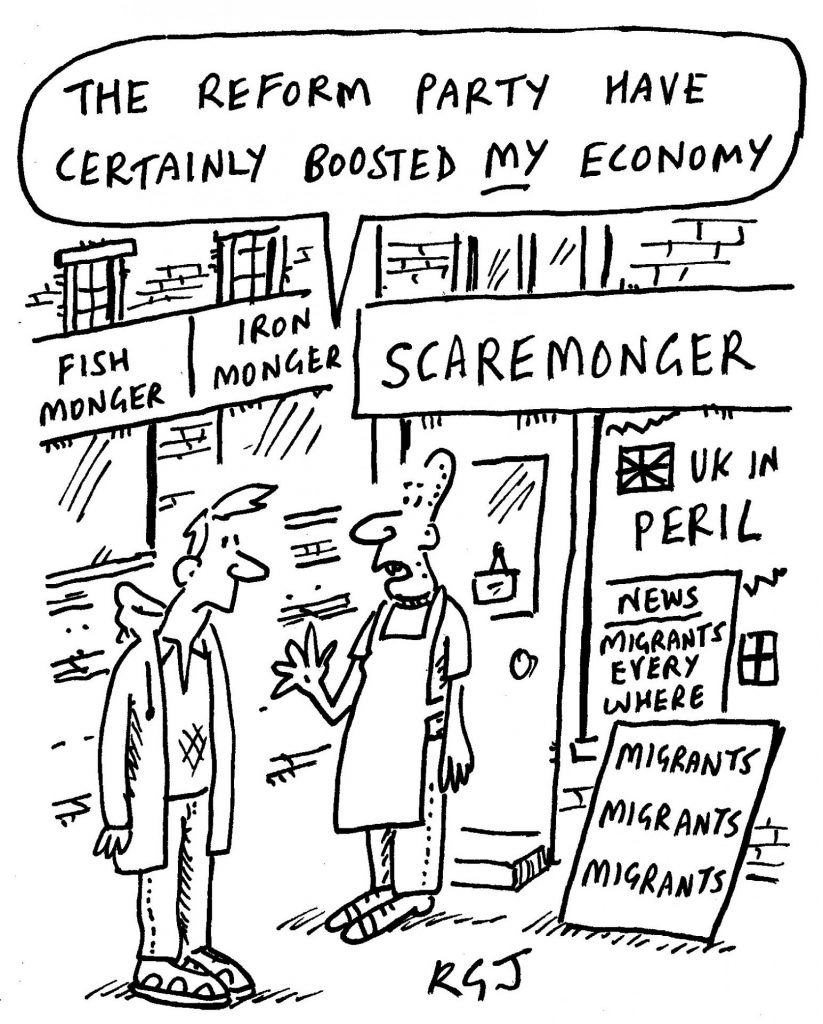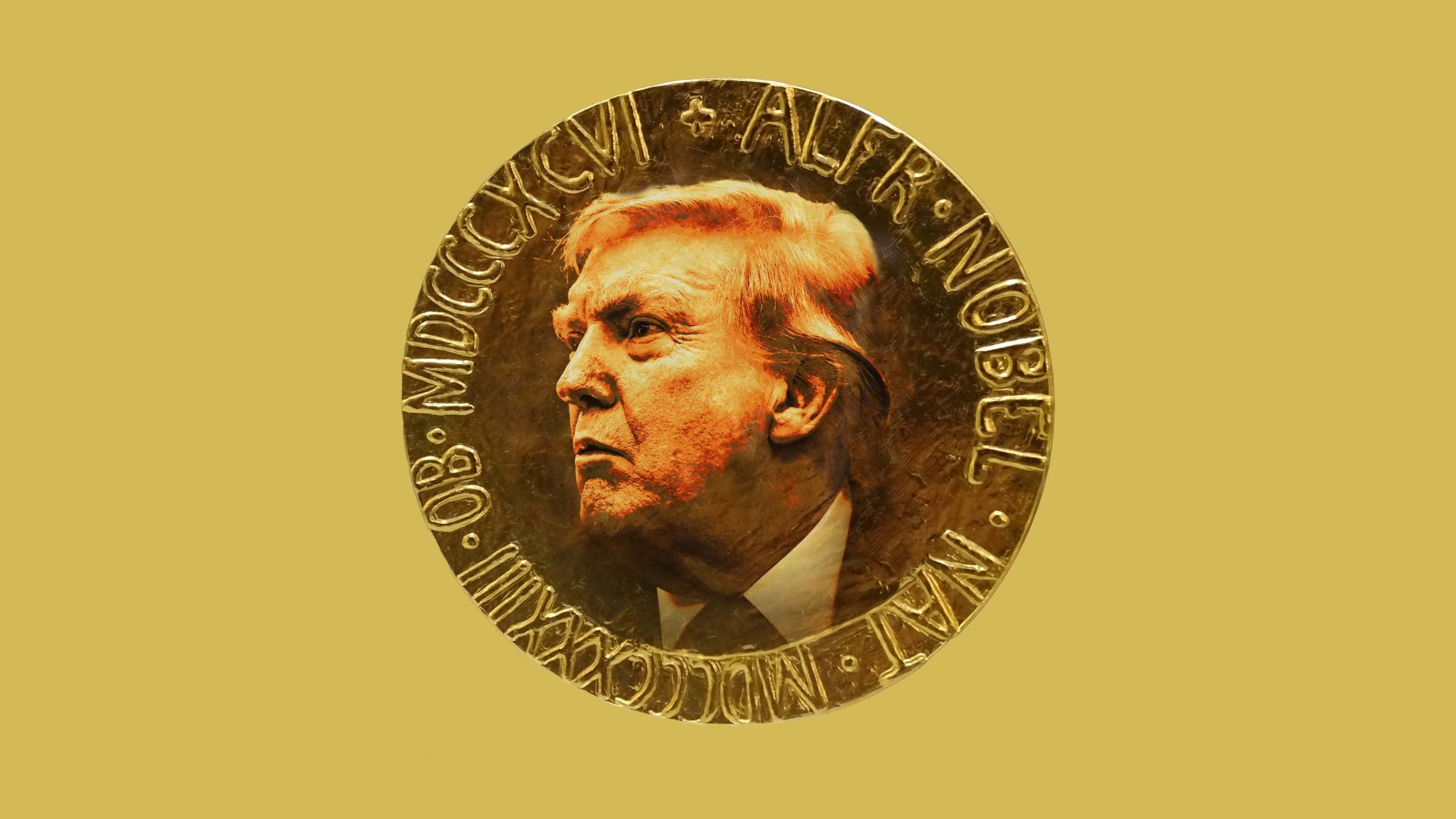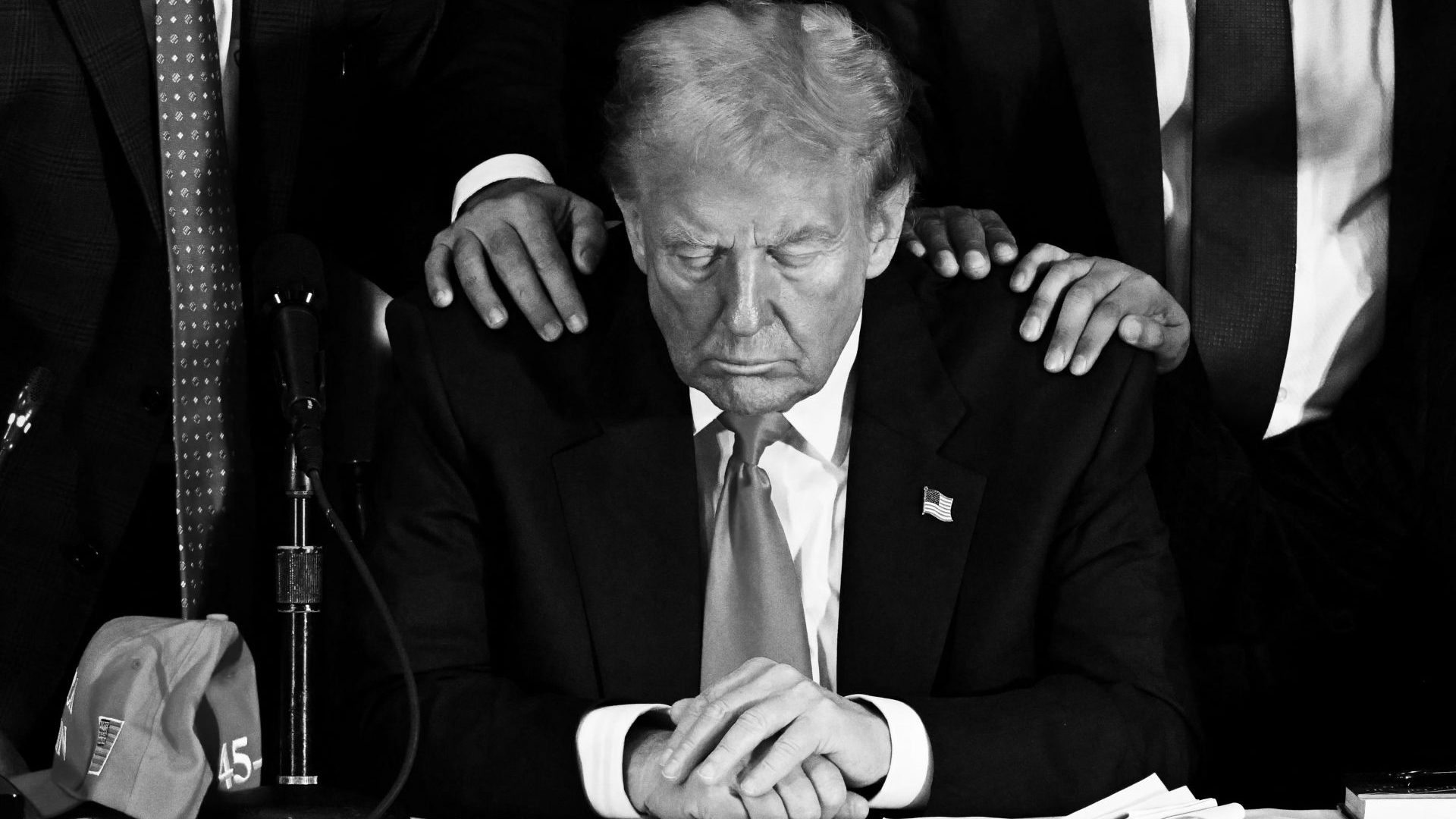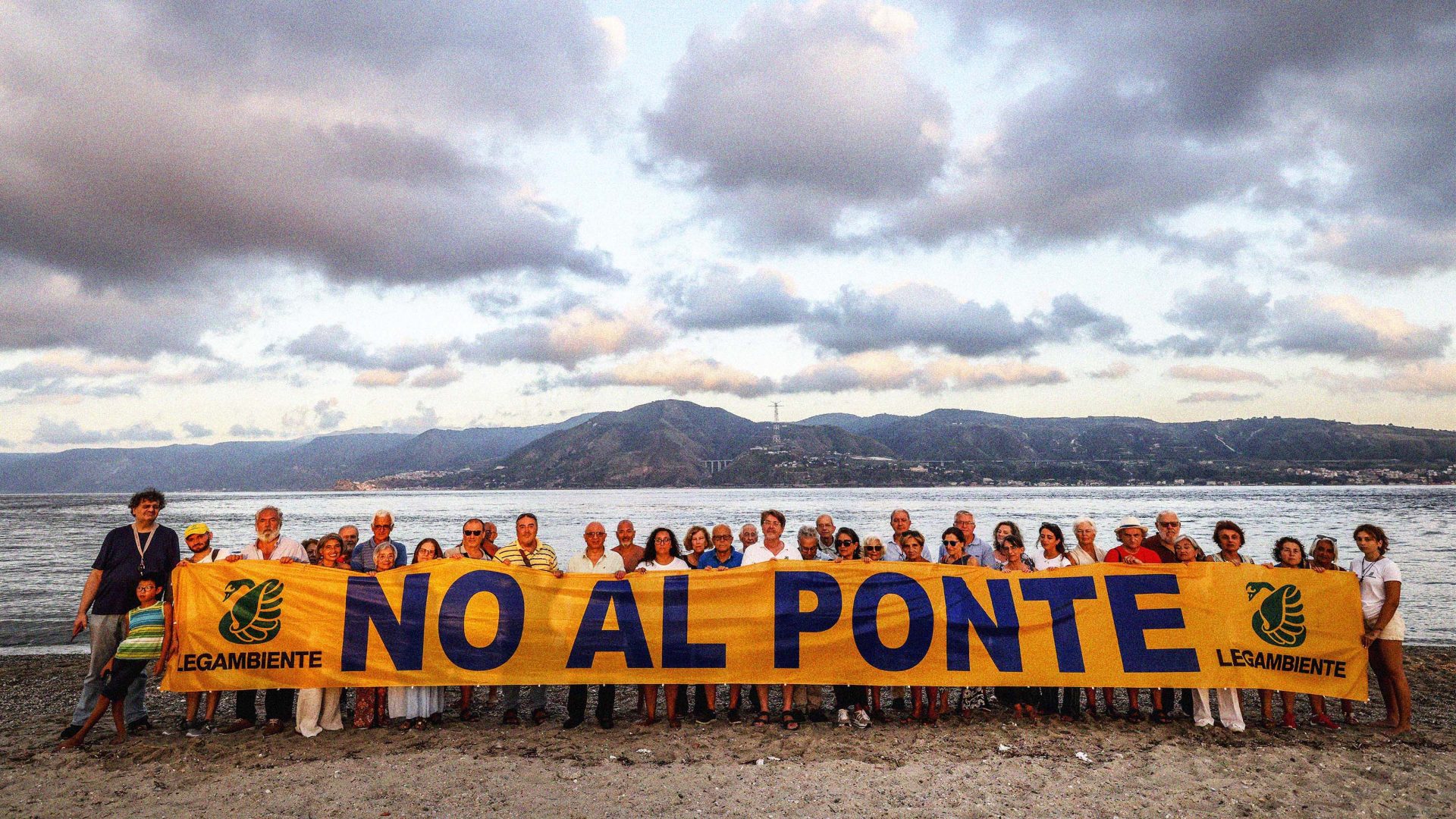If Donald Trump were a normal human being, then the five most important people in his life would likely be his wife and the favourite four of his five children.
If he were a normal president, the five might be his vice-president JD Vance, secretary of state Marco Rubio, treasury secretary Scott Bessent, White House chief of staff Susie Wiles, and maybe his ideological driver, Stephen Miller.
I am increasingly convinced that it is none of the above, and that the five people who matter most in his life right now are Jørgen Watne Frydnes, Asle Toje, Anne Enger, Kristin Clemet and Gry Larsen. Norwegians all, they make up the committee that will decide who wins this year’s Nobel Peace prize.
Trump’s desperation to follow in the footsteps of the loathed (by him) Barack Obama appears to deepen day by day, unsolved war by unsolved war. His claim to have ended six wars since resuming office – though in one of his chummy Fox News chats, he announced it was “seven”, and when he had the head of Fifa in the Oval Office he suddenly claimed it was 10 (!) – is the basis of the MAGA campaign to get him the Nobel. The strength of the claim depends very much on your definition of war, your understanding of “ending,” and your assessment of his role within the six (or seven) wars he is referring to.
At his meeting with Europe’s leaders last week, he bristled when German chancellor Friedrich Merz restated what until recently had been Trump’s policy on Ukraine – immediate ceasefire then talks about an agreement. Trump, who had shifted from that position under the influence of Putin in Alaska, insisted that he ended his six wars “without even the mention of the word ‘ceasefire’”.
This is untrue on several levels. Take the war between Rwanda and the Democratic Republic of the Congo. The agreement reached in June related specifically to a ceasefire. The recent breach of that truce is the reason we cannot say this war has ended. The fact Trump appeared unaware of it suggests his role has been minimal.
Then Pakistan v India. It is true that Trump went on social media to call on these two nuclear-armed rivals to lay down their arms following attacks in Indian-administered Kashmir. So did pretty much everyone else. When the heat dimmed, Pakistan thanked Trump and backed his Peace prize campaign. Judging by India’s reaction – to play down Trump’s role – this was more about Pakistani trolling of their hated neighbours than a reflection of military and diplomatic realities. India’s reaction may explain the sudden deterioration of relations between Trump and prime minister Narendra Modi.
One of his wars – Egypt v Ethiopia – is not a war at all. There are tensions, certainly, over the Grand Ethiopian Renaissance Dam on the Blue Nile, with Egypt arguing its flow of water could be affected. But first, this is a dispute, not a war; second, the dispute has not ended; third, Trump’s statement that “If I were Egypt, I’d want the water in the Nile”, merely hardened Ethiopia’s position.
The importance of the US to the economies of Thailand and Cambodia may have played a role in reducing border tensions, but in Trump’s mind it is merely the fact that he called for a ceasefire in another social media post that led to it happening. The deal between the two countries, by the way, was brokered by Malaysia.
He can probably take more credit over the commitment of Armenia and Azerbaijan to end the conflict over Nagorno-Karabakh. The fact that they signed the declaration in the White House underlines the special power of that particular office (but NB: “declaration” – not yet a peace deal).
Then there’s Iran v Israel. Here, I think, he won the battle to weaken Iran’s nuclear capability. But it really is stretching it to say either Iran or Israel has shifted to any kind of agreement about a lasting peace between them.
Serbia v Kosovo may be what he had in mind when his war count suddenly rose from six to seven. This seems to be based on the idea that he has told them IF they go to war, the US won’t trade with them. But though their differences are historic and well known, they weren’t at war. So the claim to have ended this particular war is weakened by the fact it hadn’t started.
Meanwhile, in Gaza… well, no Nobel prizes for that one right now, despite Benjamin Netanyahu’s nomination of Trump, which I suspect may have impressed the judges even less than Trump’s phone call to Norwegian finance minister Jens Stoltenberg to engage in direct lobbying.

Often, the Nobel Peace prize is awarded not to individuals, but to institutions. Indeed, last year’s winner, Nihon Hidanyko, is the group representing survivors of the atomic bombings of Hiroshima and Nagasaki. Previously, Médecins Sans Frontières, the World Food Programme, Amnesty International, the UNHCR, UN peacekeeping forces, the International Campaign to Ban Landmines, the International Atomic Energy Agency, the International Panel on Climate Change, and the Organisation for the Prohibition of Chemical Weapons have all won it.
Also, I wonder whether one of the reasons Trump so loathes the UN and the EU is that both are past winners of the award he appears to covet more than any other. So my advice to Jørgen Watne Frydnes, Asle Toje, Anne Enger, Kristin Clemet and Gry Larsen is this: stick with the institutional approach… and this time give it to the US Agency for International Development.
Yes, USAID is currently being dissolved and its programmes halted, with potentially devastating consequences for some of the poorest and most challenged people in the world. But while it existed, it was recognised, along with our own sadly demolished DFID, as a giant in development. Both for its role in helping people affected by war, and preventing wars, USAID would be a worthy winner. And perhaps they could give President Trump the honour of accepting it on their behalf.
Briefly in Freiburg last week, I picked up a local paper and read about a vital piece of research work by local university professor Bernd Raffelhüschen. Great name, great research. It identified that whereas the average German measured 6.4 on a happiness scale, football fans were happier, at seven out of 10. As a football fan, I feel there is something in this. But his report was somewhat undermined by the revelation that the happiest fans were supporters of Bayern Munich, followed by Borussia Dortmund. Maybe it is, after all, just about winning.
From happy football to sad football. A French World Cup winner, a stack of Serbia, Croatia and Bosnia internationals, two former Manchester United captains, a Liverpool legend, two ex-Premier League managers, the president of Uefa, the boss of Paris Saint Germain… and me (played with Maradona, you know)… all in Sarajevo to take on a team of top youth players to launch the Youth Sports Games.
It was being covered live in 14 countries. There we were, in our fancy strips, covered in sponsors’ names. Team lunch, tactical talk done, ready to go… when the most biblical storm erupted. Rain the likes of which I have never seen, not even in Scotland; blinding lightning; rolling, pounding thunder. The TV directors, the Italian referee, the YSG big chiefs met in a huddle, and we could see from the shaking heads… it was off. Heartbroken kids. Heartbroken me. Split, Croatia, this time next year. Aged 69, I will be there. You’re never too old to pretend you could have been a footballer.




